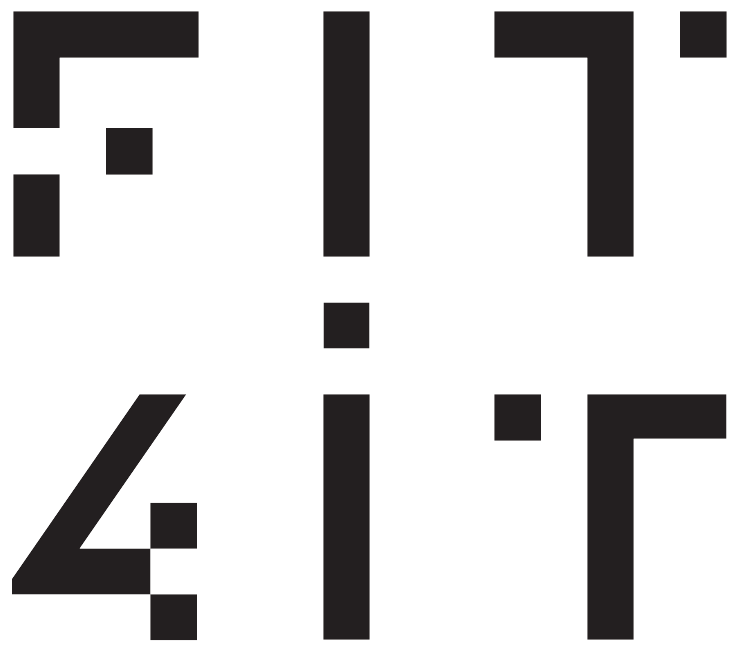Ever had one of those days where you wake up with the best intentions, but by evening, you’re completely drained, and it’s not because you ran a marathon? You’ve answered dozens of emails, bounced between meetings, made a hundred little choices… and now someone asks, “What’s for dinner?”
And you just can’t. That heavy, foggy, “I’m done” feeling? That’s not laziness. It’s a mix of mental overload and decision fatigue, and if you’re living a busy life in a fast-paced world, chances are you’ve felt it more than once.

Mental overload happens when your brain is juggling too many tasks, thoughts, or decisions at once.
What Exactly Is Mental Overload?
Picture your brain like a laptop. Every task, every thought, every notification is like opening another browser tab. One tab? Easy. Ten tabs? Manageable. Fifty tabs? The whole system slows down.
That’s mental overload, too many tabs open in your mind.
You know you’re there when:
- Focusing feels like a workout.
- Simple decisions feel harder than they should.
- You’re snappy with people you care about.
- Even fun things sound exhausting.
And Then There’s Decision Fatigue
On top of that mental clutter, there’s another sneaky culprit: decision fatigue. Every single day, you make thousands of choices. Big ones like, “Should I take this job offer?” and tiny ones like, “Coffee or tea?” Each one drains a little bit of mental energy.
By evening, your brain is running on fumes. That’s when you:
- Grab the quickest food. (hello, takeout)
- Skip the gym even though you promised yourself you’d go.
- Scroll aimlessly because making one more decision feels impossible.
Sound familiar? That’s decision fatigue in action.
Why They Hit You At The Same Time
Mental overload and decision fatigue are like partners in crime; they feed off each other. When your brain is already drowning in information, every choice feels heavier. And when you’re exhausted from too many choices, you can’t process new information well.
That’s why by 5 p.m., even picking a Netflix show can feel like solving a Rubik’s Cube blindfolded.
Why This Matters More Than You Think
This isn’t just about feeling tired. When mental overload and decision fatigue take over:
- You make reactive decisions instead of thoughtful ones.
- Stress hormones spike. (hello, poor sleep and sugar cravings)
- You feel less present with family and friends.
Sometimes, guidance from a life coach can help you prioritize what truly matters and cut through mental clutter. The good news? You’re not powerless. There are simple ways to reclaim your mental bandwidth.
5 Simple Ways To Fight Mental Overload & Decision Fatigue
1. Make Your Mornings Automatic
The fewer choices you make before noon, the better. Lay out clothes the night before. Plan breakfast ahead. Save your mental energy for bigger things.
2. Group Your Decisions
Instead of deciding what to eat three times a day, create a weekly meal plan. Block time for emails instead of checking them all day. Fewer decision points = less stress.
3. Set Your Big 3
Each morning, pick the three most important things you want to get done. If those are handled, the day is a win; everything else is a bonus.
4. Hit Pause (On Purpose)
Short breaks aren’t a luxury; they’re fuel. A five-minute walk, some deep breathing, or just stepping away from your screen can clear the mental fog. Incorporating practices like yoga can calm the nervous system, reduce stress, and clear the mental fog caused by overload.
5. Automate Where You Can
Turn recurring decisions into habits. Gym days, meal prep, and even checking social media – make it a routine so it doesn’t drain your brainpower. Just like personal training builds physical strength through structure and consistency, managing mental energy requires routines that protect your focus.

Recognizing the signs early helps you take steps to restore balance and protect your mental energy.
Mental overload and decision fatigue aren’t signs that you’re failing; they’re signs you’re human. And in a world that demands constant choices and nonstop input, managing your mental energy isn’t optional; it’s survival.
Start small. Simplify one corner of your life today, perhaps your mornings or meal planning. Little by little, those changes stack up and give your brain the breathing room it needs. Because when your mind is clear, everything feels easier: work, workouts, relationships, even that Netflix choice at night.
Further Reading & References
-
- American Psychological Association. Decision Fatigue.
- Healthline. Mental Fatigue: Symptoms, Causes, and Treatment.
Was this helpful?
Good job! Please give your positive feedback
How could we improve this post? Please Help us.







No Comments